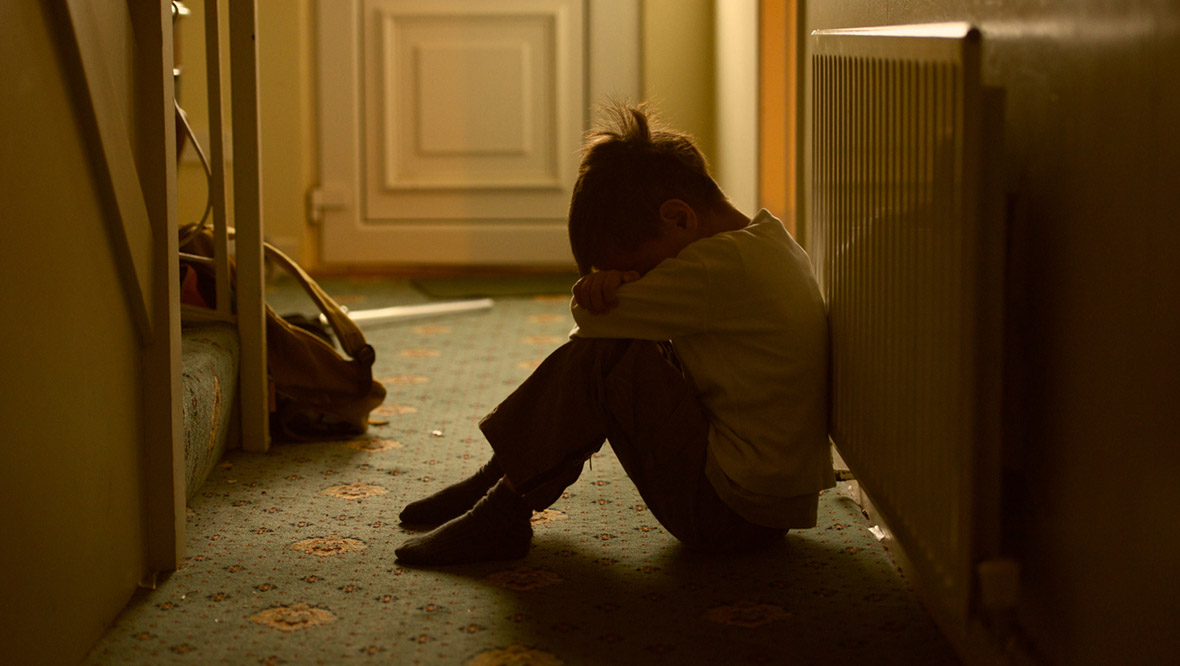A psychologist has said parents need to “address” any concerns that their children may have about Russia’s ongoing military invasion of Ukraine.
As the ongoing hostilities in Ukraine continue, children who hear or see things about the crisis may quite understandably feel anxious.
Previous research from conflicts in Iraq and Syria revealed the majority of youngsters who were exposed to the conflicts showed signs of “severe emotional distress”.
Professor Ane Lemche, a psychologist with Save the Children, has issued a few top tips to help ease any concerns children may have about the ongoing conflict.
She said: “What is happening in Ukraine can be frightening for both children and adults.
“Ignoring or avoiding the topic can lead to children feeling lost, alone and more scared, which can affect their health and wellbeing.
“It is essential to have open and honest conversations with children to help them process what is happening.”
Professor Ane Lemche’s top tips to ease child anxiety
- Make time and listen when your child wants to talk. Give children the space to tell you what they know, how they feel, and to ask you questions. They may have formed a completely different picture of the situation than you have.
- Tailor the conversation to the child. Be mindful of the child’s age as you approach the conversation with them. Young children may not understand what conflict or war means and require an age-appropriate explanation. Be careful not to over-explain the situation or go into too much detail as this can make children unnecessarily anxious. Younger children may be satisfied just by understanding that sometimes countries fight. Older children are more likely to understand what war means but may still benefit from talking with you about the situation.
- Validate their feelings. Children should not feel judged or have their concerns dismissed. When children have the chance to have an open and honest conversation about things upsetting them, it can create a sense of relief and safety.
- Reassure them that adults all over the world are working hard to resolve this. Remind children that this is not their problem to solve. They should not feel guilty about playing, seeing their friends, and doing the things that make them happy. Children often copy the sentiments of their caregivers – if you are uneasy about the situation, chances are your child will be uneasy as well.
- Give them a practical way to help. Support children who want to help. Children who have the opportunity to help those affected by the conflict can feel like they are part of the solution. Children can create fundraisers, send letters to local decision-makers or create drawings calling for peace.
Follow STV News on WhatsApp
Scan the QR code on your mobile device for all the latest news from around the country


 iStock
iStock






















